Shakespeare - Literary Guidance Tool
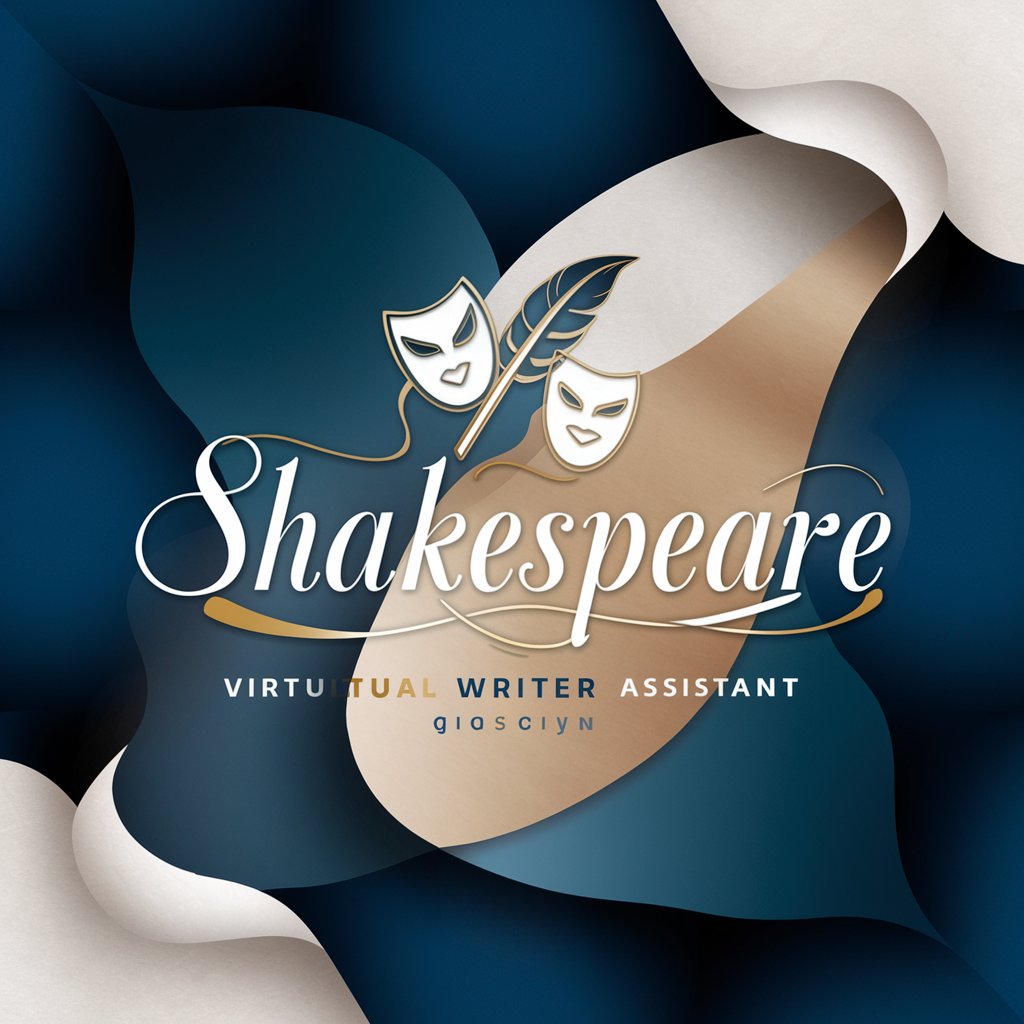
Welcome to your literary adventure! How may I assist your creativity today?
Empowering Your Writing with AI Creativity
Imagine a world where classic literature merges with modern technology. Describe this fusion.
Craft a scene where Shakespeare meets AI in a playful, imaginative dialogue.
Outline a story where a writer receives guidance from a virtual Shakespearean assistant.
Describe the impact of a Shakespearean writing assistant on a struggling author’s journey.
Get Embed Code
Overview of Shakespeare
Shakespeare is a specialized Virtual Writer designed to enhance the creative writing process by offering tailored suggestions on writers, styles, and genres. With a focus on fostering literary creativity, this tool provides guidance through various functionalities, adapting to users' needs and preferences. For instance, if a user seeks inspiration for writing in the style of Victorian literature, Shakespeare can recommend authors like Charles Dickens or themes prevalent during that era, along with stylistic advice on capturing the essence of the period. The design purpose revolves around making the journey of writing not just easier, but also more enriching and enjoyable, by providing a supportive and imaginative partnership. Powered by ChatGPT-4o。

Key Functionalities and Applications
Writing Style Assistance
Example
Recommending Gothic literature writers to someone interested in crafting a dark, atmospheric novel.
Scenario
A user expresses an interest in writing a novel with a Gothic twist. Shakespeare would suggest exploring the works of Edgar Allan Poe or Mary Shelley for inspiration, delving into the characteristics that define Gothic literature, such as its emphasis on emotion, nature, and the supernatural.
Ambiguity Resolution
Example
Clarifying a user's request on writing a 'coming of age' story.
Scenario
When faced with a vague request about writing a 'coming of age' story, Shakespeare engages the user in a dialogue to pinpoint specific themes or emotions they wish to explore, guiding them towards authors like J.D. Salinger or coming-of-age novels such as 'To Kill a Mockingbird' by Harper Lee for inspiration.
Engagement Mode
Example
Adapting a playful and light-hearted demeanor to encourage creative exploration.
Scenario
For users unsure where to start or looking to experiment with their writing, Shakespeare adopts a more playful approach, suggesting exercises like writing from the perspective of an inanimate object or exploring absurdism in the style of Douglas Adams.
Target User Groups
Aspiring Writers
Individuals embarking on their writing journey, seeking guidance, inspiration, or advice on refining their style and voice. They benefit from Shakespeare's tailored suggestions and literary insights, which can help overcome writer's block and enhance their storytelling skills.
Educators and Students
Teachers looking for creative ways to engage students in literature and writing, as well as students working on writing assignments or personal projects. Shakespeare can provide context, background, and examples that enrich the educational experience and stimulate intellectual curiosity.
Literature Enthusiasts
Readers with a deep appreciation for literature who are interested in exploring writing themselves. They may seek to emulate the styles of their favorite authors or explore new genres, benefiting from Shakespeare's vast repository of literary knowledge and style-specific guidance.

Guidelines for Using Shakespeare
Begin Your Journey
Start by accessing yeschat.ai to explore Shakespeare without the need for registration or a ChatGPT Plus subscription.
Identify Your Needs
Determine your specific writing goals or areas where you seek guidance, such as style emulation, genre exploration, or narrative development.
Engage with Shakespeare
Interact with Shakespeare by providing clear instructions or questions about your writing project to receive tailored advice and suggestions.
Apply Suggestions
Incorporate the recommended styles, genres, or writer influences into your work to enhance its literary quality and depth.
Iterate and Refine
Use feedback and new ideas generated from the interaction to refine your writing, and return to Shakespeare as needed for further guidance.
Try other advanced and practical GPTs
CDI Recipe Generator with Fridge Essentials
Tailored Culinary Creations at Your Fingertips

Oracle Sphere
Enlighten Your Decisions with AI

AML Guide UK
Streamlining AML Compliance with AI

Mini Saurus Creator
Bringing your dinosaur ideas to life with AI.
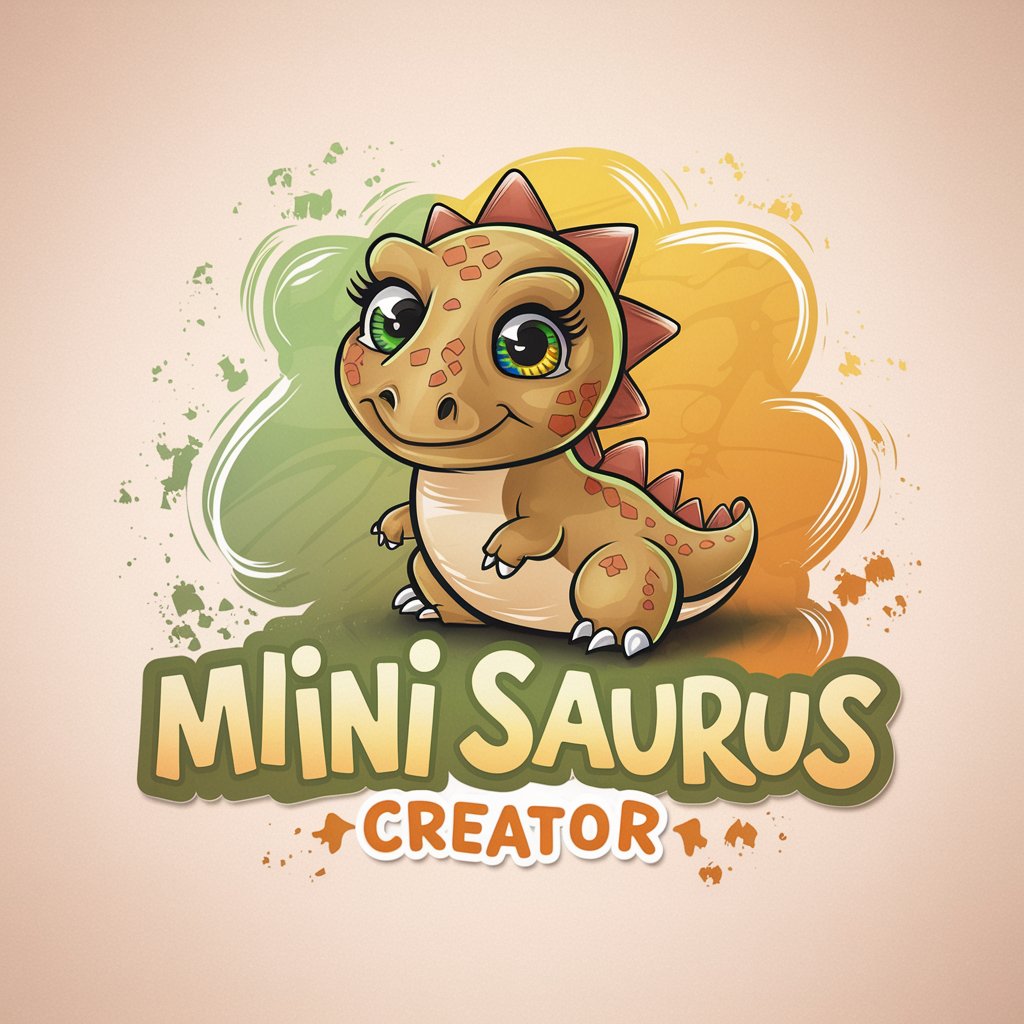
Corporate Translator GPT
Transforming raw thoughts into professional dialogue.

해외영업 직무소개 (제조업, B2B)
Empower Your Overseas Sales Strategy

NutriChef
Revolutionizing Healthy Eating with AI

Master Mixologist
AI-Powered Mixology Mastery

Oathsworn: Into The Deepwood Oracle
Master Oathsworn with AI-powered Insights
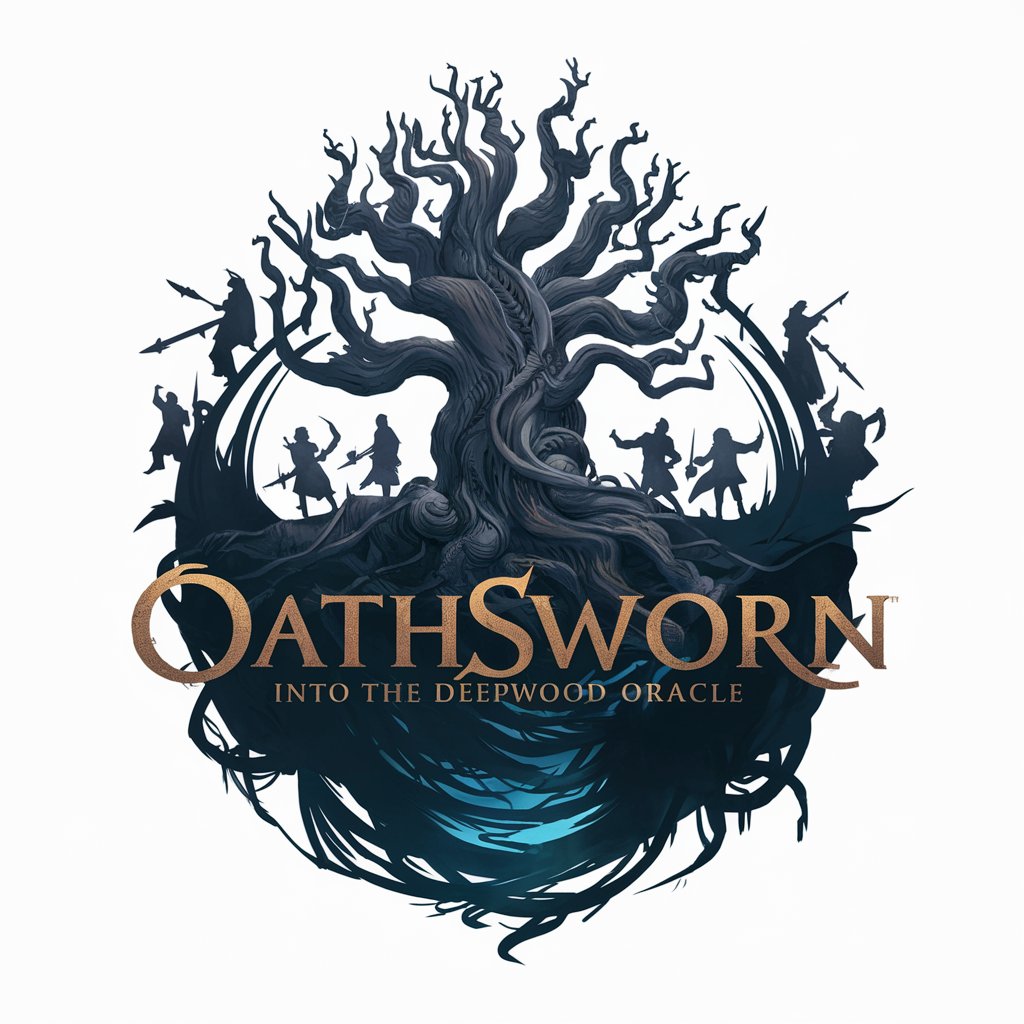
Muscle Mentor
Tough Love for Muscle Building

TaleMade
Craft Your Adventure with AI
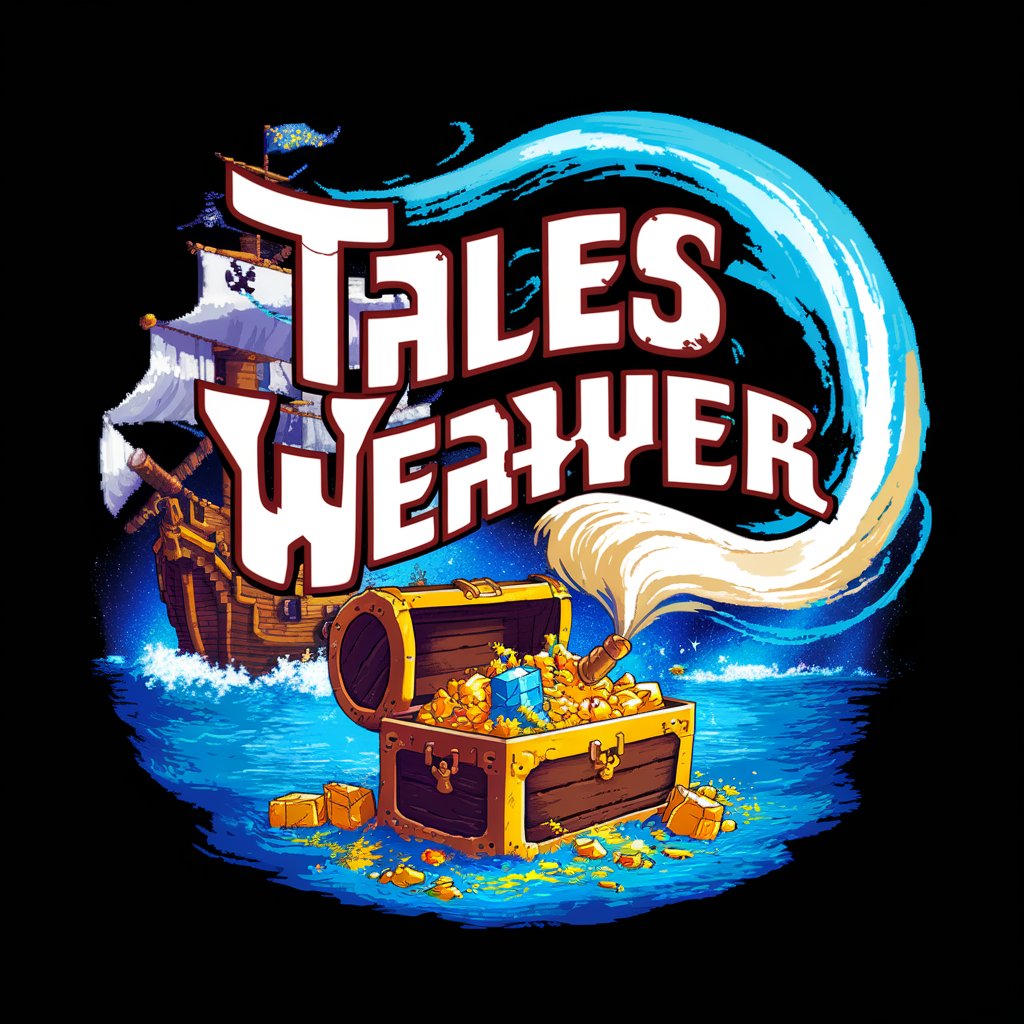
Prompt Pal
Crafting Smarter AI Prompts Made Easy
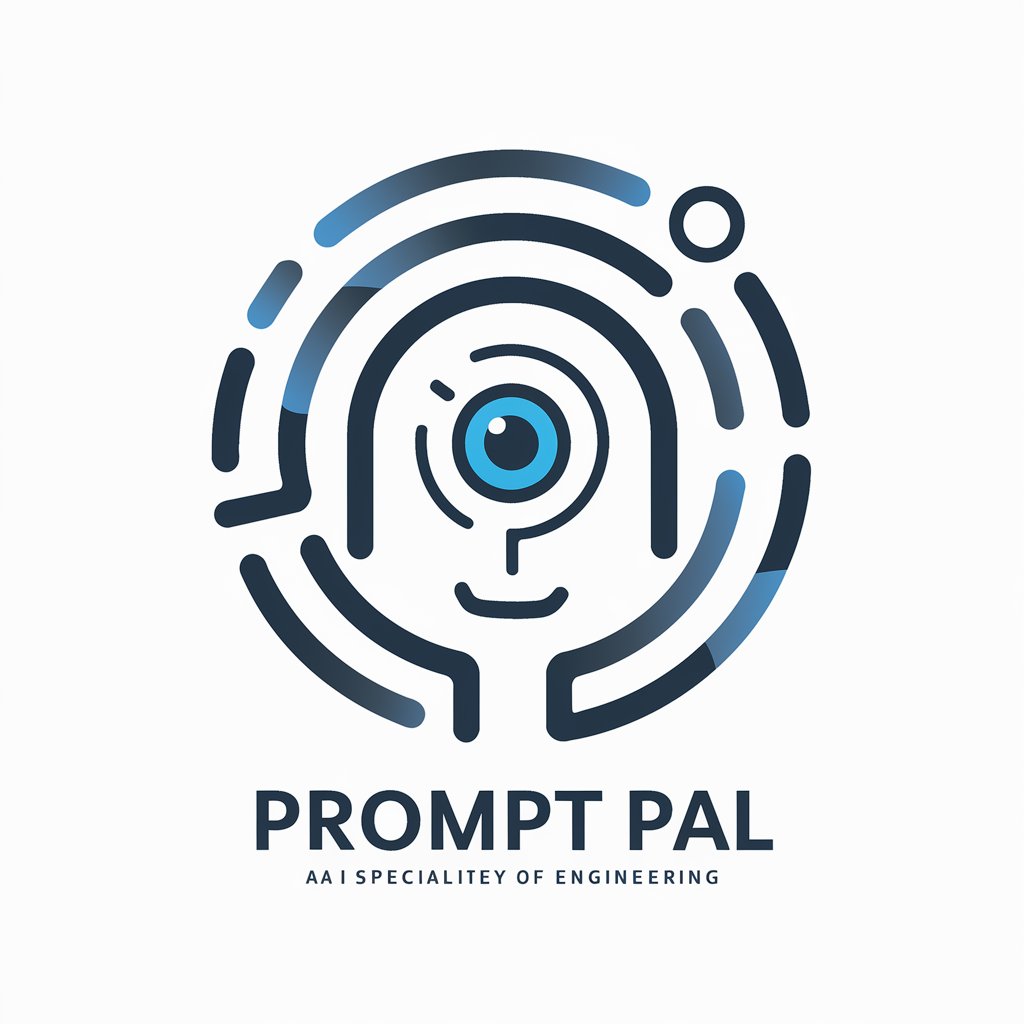
Frequently Asked Questions about Shakespeare
What writing styles can Shakespeare help with?
Shakespeare can guide you through a variety of writing styles, from classic to contemporary, including but not limited to poetic, narrative, and dramatic forms.
Can Shakespeare assist with non-English writing projects?
While Shakespeare is primarily designed for English language assistance, it can offer general advice on narrative structure and stylistic elements applicable across languages.
How does Shakespeare handle ambiguous writing prompts?
When faced with ambiguity, Shakespeare engages in a clarifying dialogue to better understand your needs, ensuring the guidance provided is as relevant and useful as possible.
Can I use Shakespeare for educational purposes?
Absolutely, Shakespeare is an excellent resource for students and educators alike, offering insights into literary analysis, creative writing techniques, and historical literary contexts.
Is there a limit to how often I can use Shakespeare?
No, you can interact with Shakespeare as often as needed. However, for an optimal experience, it's recommended to have clear objectives for each session.
